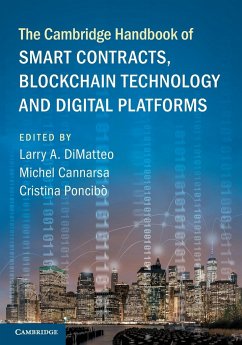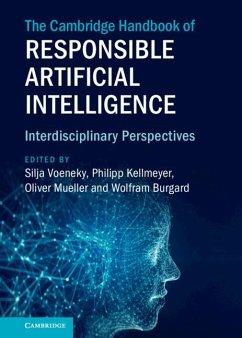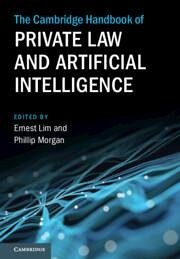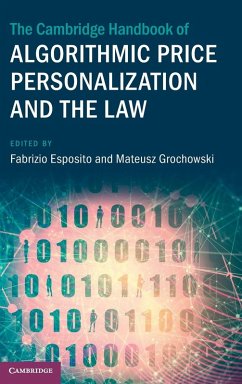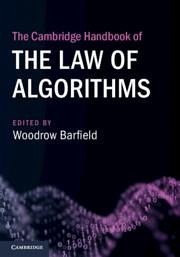
The Cambridge Handbook of the Law of Algorithms
Versandkostenfrei!
Versandfertig in über 4 Wochen
55,99 €
inkl. MwSt.

PAYBACK Punkte
28 °P sammeln!
Featuring thirty-five chapters from US, EU, and Asian scholars, this volume explores how algorithms are not only challenging current law, but also the foundations of society itself. The book's interdisciplinary approach makes it a key resource for scholars of law, information and computer science, and engineering, as well as legislators.





